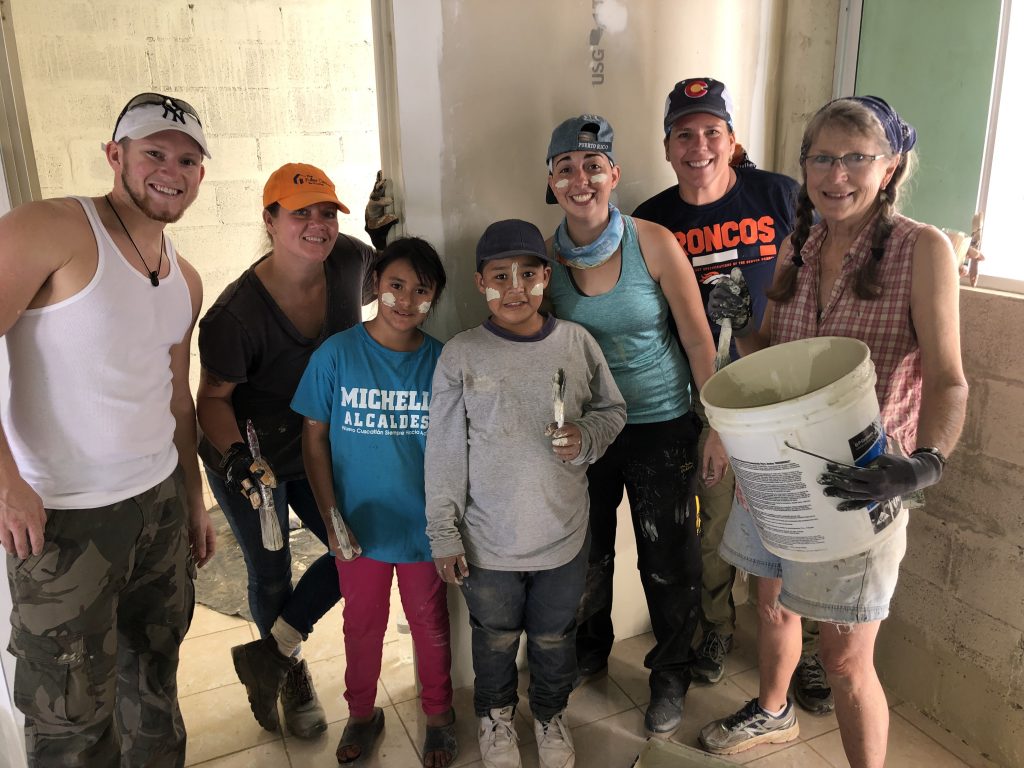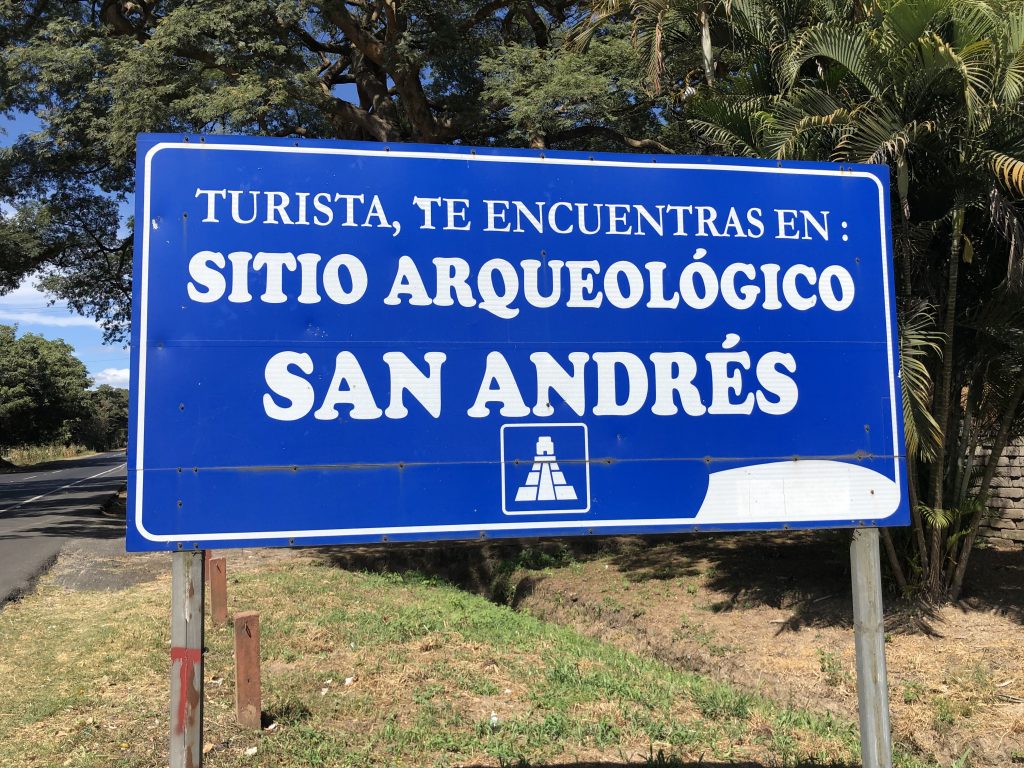Interpretive, Interpersonal, and Presentational Modes of Communication
Reflections
Throughout this course I have learned how to slightly communicate with my peers and teachers in Spanish. I believe that I have greatly added to my Spanish vocabulary from assignments and quizzes during the course. Prior to partaking in this class I found it difficult and embarrassing to speak with a Spanish speaker, now I am more confident and willing to have short winded simple conversations with another person using the Spanish Language.
Exploring Culture
It wasn’t until I travelled to Spanish speaking countries that I saw first-hand how family oriented their communities were.
Hispanic families, Colombian families, and El Salvadoran families rely heavily on each other to make their communities thrive. No one is left unattended to and most everyone has a role that is important.
Preservation of historic sites is important to many Latin American communities.
Engaging in Communities
Although my time spent in El Salvador occurred prior to taking this Spanish course, I was able to engage in a smaller community and work alongside families that would benefit from sustainable and affordable housing. Helping out in ways like this make me feel as if I have some goals and aspirations to fulfill.
I plan to work more in other Spanish speaking communities as my studies and work allow.

Interpersonal Communication
Prior to partaking in this class I found it difficult and embarrassing to speak with a Spanish speaker, now I am more confident and willing to have short winded simple conversations with another person using the Spanish Language.

Presentational Speaking
Our FlipGrid assignments were helpful tools that developed a better use of conversational Spanish. It was beneficial to use this resource and have a conversation, albeit an artificial conversation, but there were two individuals speaking back and forth which made it seems as if it were an actual conversation in real-time.
https://info.flipgrid.com/blog/tips/4-fun-ways-to-use-boards.html
Interpretive Listening
Our very first quiz wasn’t necessarily difficult; however, the instructions were not explicitly clear and the material is auto-graded. I inadvertently put the English AND Spanish vocabulary term/alphabet in the text box which led to me getting a Zero (0) out of Ten (10) possible points. The system did not recognize the English term as correct and marked each of my answers as incorrect.
Interpretive Reading
In Canvas, in our Gradebook, all of our assignments are titled in Spanish. This required me to learn to read Spanish so that I would know which grade went with which module.


